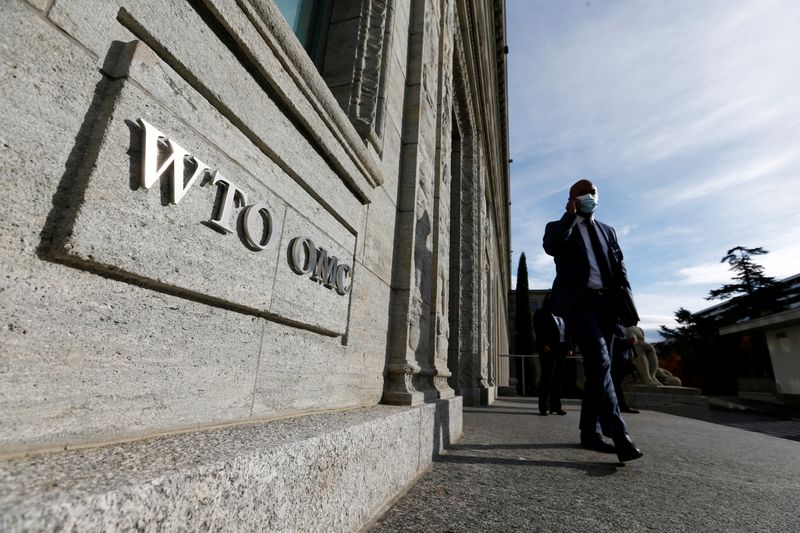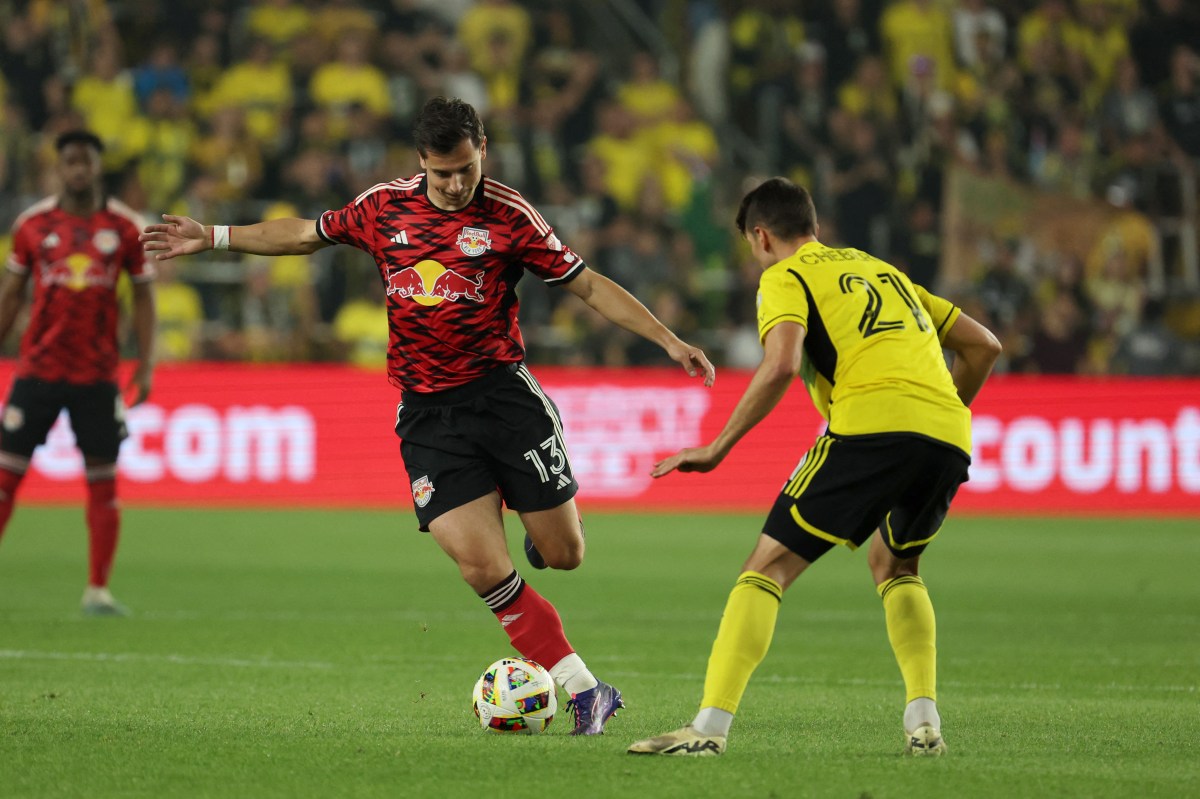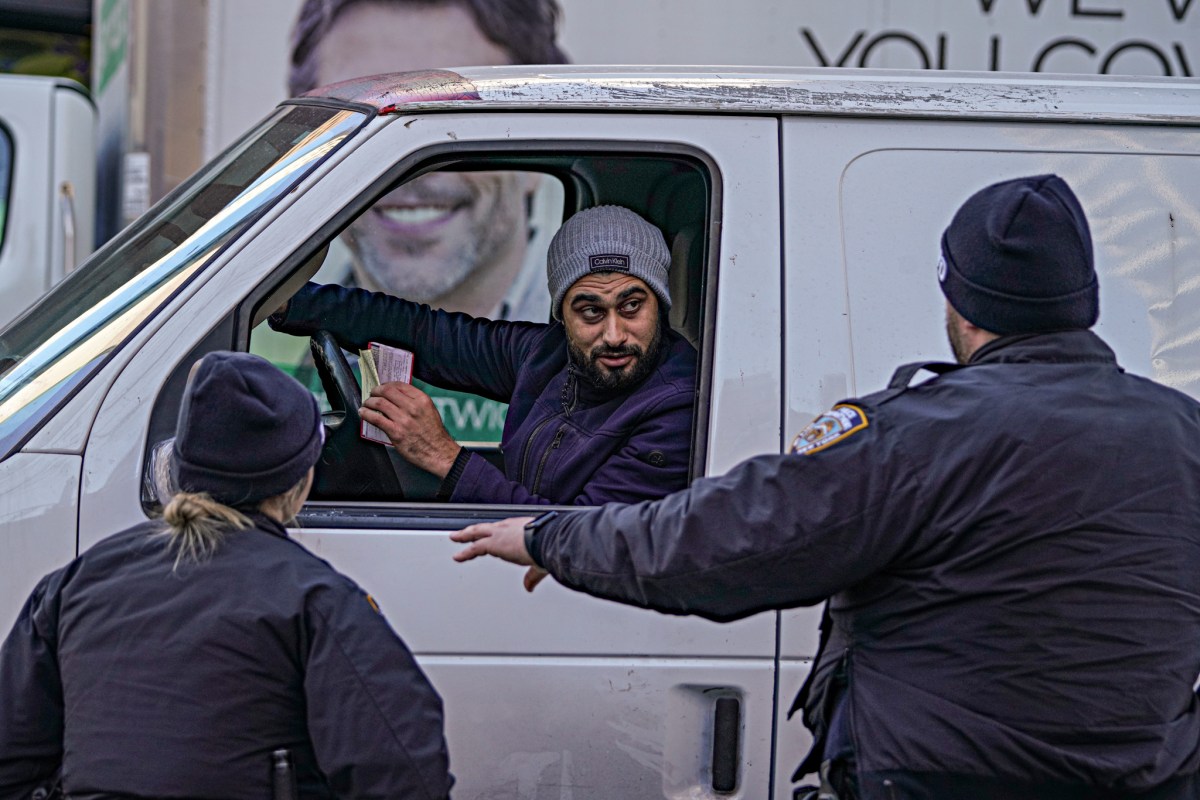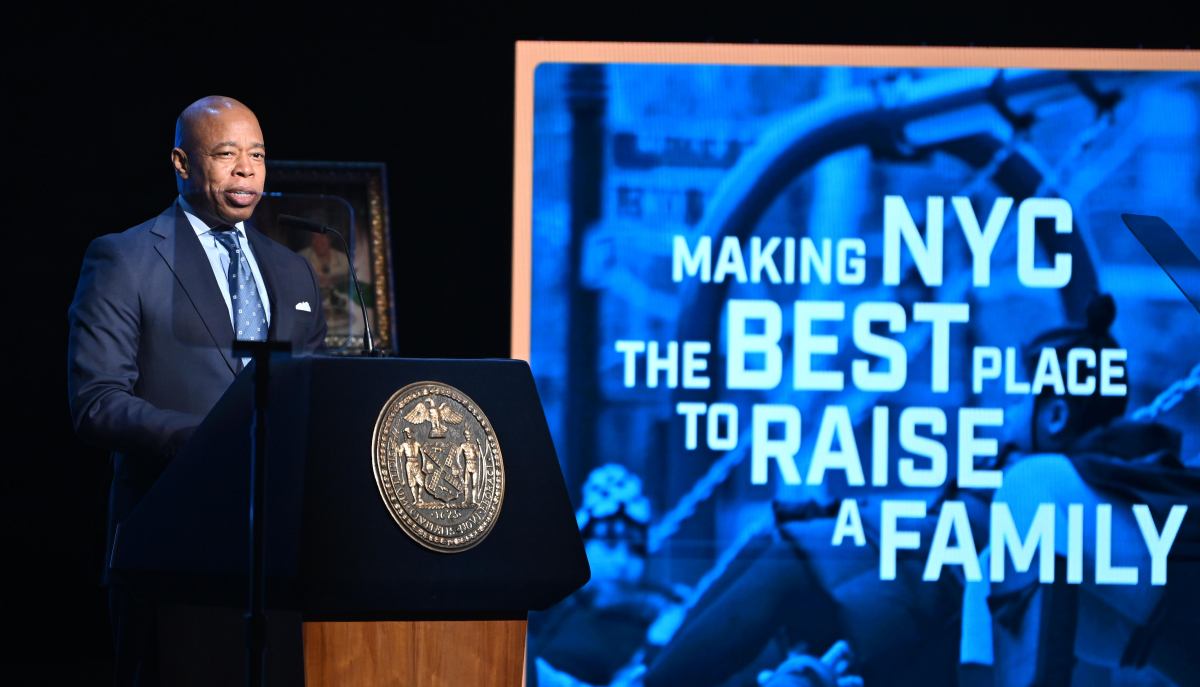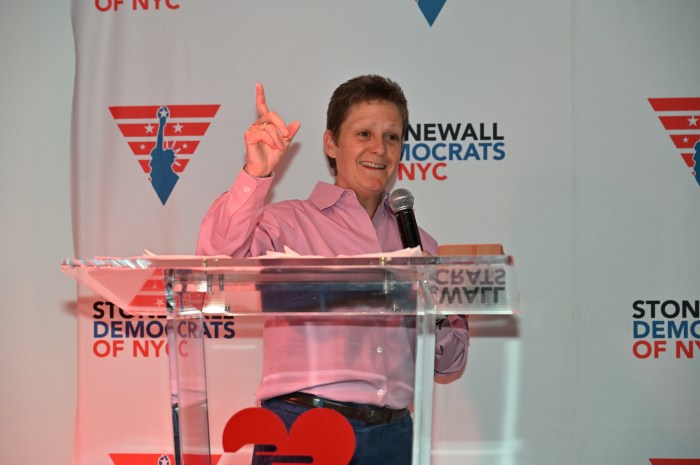GENEVA (Reuters) – A final round of negotiations at the World Trade Organization on cutting fisheries subsidies opened on Tuesday with some delegates seeing little hope for a deal by a 2020 deadline despite intensifying negotiations.
World leaders committed in 2015 to a series of U.N. targets and one of them mandates the Geneva-based trade watchdog to strike a deal on ending government subsidies worth billions of dollars that contribute to over-fishing.
However, three delegates involved in the closed-door talks said they were not expecting a deal by the end of the year, and one trade source said that discussions on a key area were effectively deadlocked.
“I would be surprised if there is a deal,” said a delegate.
Switzerland’s ambassador Didier Chambovey, who is facilitating talks, told members last week that positions on potential exemptions for developing countries were “entrenched”.
India is one of several countries seeking significant carve-outs, sources say.
A deal has eluded negotiators for 20 years, although the current chair, Santiago Wills, has remained upbeat about progress in recent months and produced two draft agreements, earning praise from conservationists and the UK’s Prince Charles.
However, the draft text issued in November seen by Reuters still showed 51 pairs of square brackets — indicating areas of non-agreement.
China, the EU, the United States, South Korea and Japan are the main subsidisers, and the money they pump into the industry helps vessels travel to distant seas and contributes to the over-fishing threatening global fish stocks.
An ambitious deal could lead to a 12.5 percent increase in global fish biomass by 2050, the Pew Charitable Trusts said, based on a model it has shared with WTO negotiators.
A deal is also seen as key to proving the WTO’s relevance as a negotiating forum, now that its dispute settlement function is paralysed due to infighting over reform.
At this stage of negotiations, the WTO’s director-general could step in to try to push negotiations over the line but there is no current boss after Washington blocked a WTO panel’s choice to replace Brazil’s Roberto Azevedo.
This week’s talks are the last in the calendar although further meetings may be called ahead of a General Council meeting on December 16 when, in theory, a deal could still be struck. (This story refiles to correct name to the Pew Charitable Trusts instead of the Pew Charitable Trust, paragraph 10)
(Reporting by Emma Farge, Editing by William Maclean)

